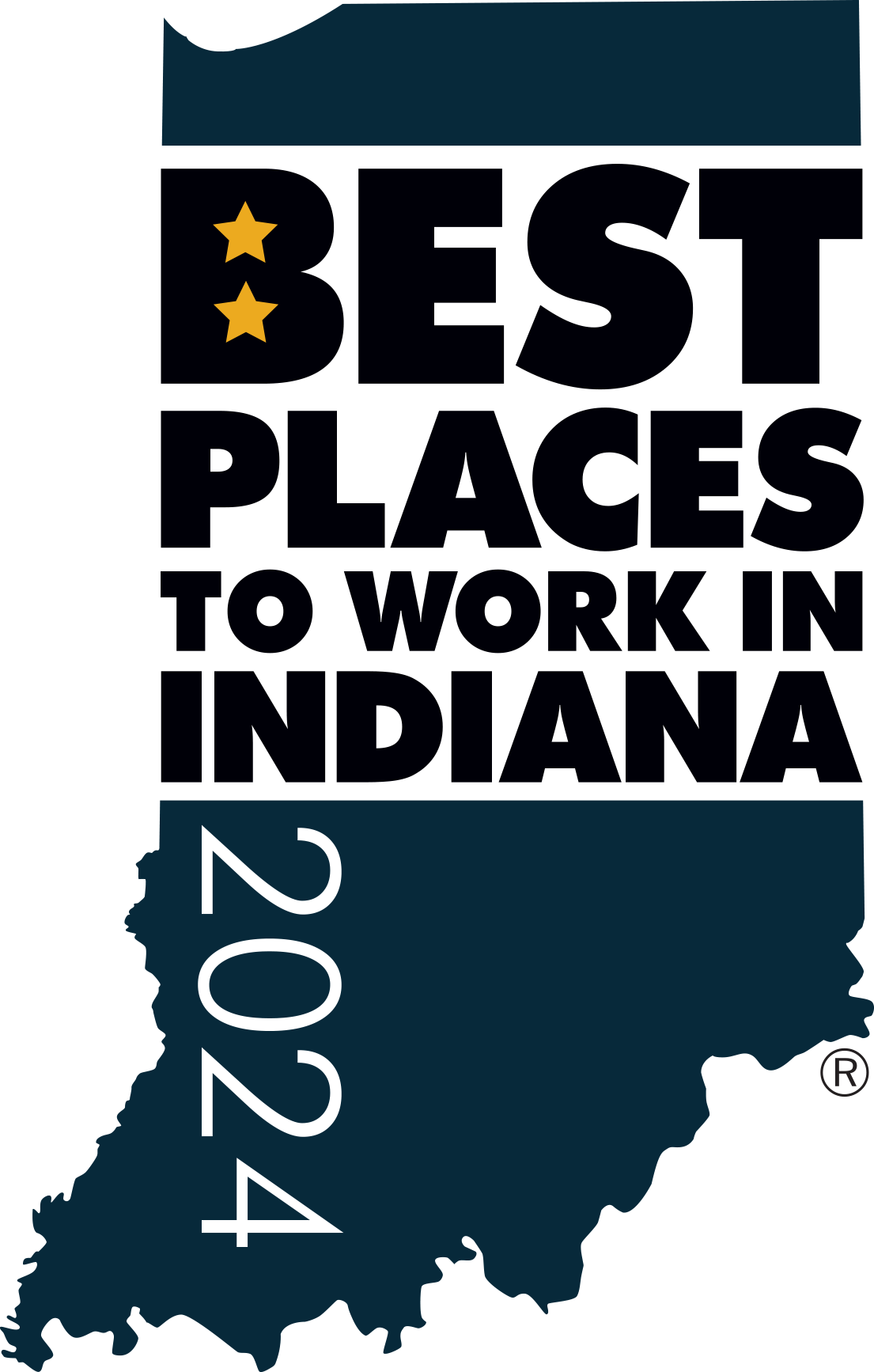CAE Perspectives on Getting Talent
By Kent Burns, CPA
This topic generated an over-the-top amount of buzz…I have spoken with dozens of Chief Audit Executives from all over the U.S., with more calling as I write this. This is clearly a top-of-mind issue. CAE’s responding to PwC’s 2016 State of the Internal Audit Profession study said talent shortages were the most significant barrier to increasing their contribution as leaders. If you’re not facing talent related challenges, then consider yourself one of the fortunate few. You’re in the minority.
The Millennial’s “Professional Skepticism”
The traditional “sell” for internal audit has always been breadth of exposure to the business and to business leaders, challenge, flexibility, variety…a perfect place to be seen doing good work while plotting your next career move. These days, the millennials aren’t buying it. Why? Here’s my assessment of what’s in their heads: 1) “I don’t really believe what you’re telling me. Show me the examples of this in your company…I can ‘get there’ another way”; or 2) “Makes sense, but there’s no way I am going to spend two years in internal audit. There must be a shorter path.”
Jeff Perkins, CAE at Transunion and member of the IIA’s Global Professional Development Committee, observed that this is a case of life–imitating–art–imitating–life: “The whole view of company tenure has been influenced by 25–30 companies who have disrupted their markets and created a new expectation of reality in how fast things can move.”
Scouting Is the New Recruiting
CAEs are accelerating the timeline for identifying talent, and working harder to cultivate relationships with top students earlier in their college experience. Chuck Windeknecht, Vice President Internal Audit at Atlas Air Worldwide is the Academic Relations Chair for his local IIA Chapter in New York. Windeknecht wants students on board earlier: “We’ve got to deliver the message with more substance earlier, so that the millennial is more informed with better data – they like data. Then the message becomes more real. You can build on that in an interview.” He goes on to say, “We must market ourselves better as a career choice, not just something that comes after public accounting.”
Jeff Pellin, CAE at hhgregg, agrees. After speaking at his alma mater, Indiana University, he commented, “The students don’t know what internal audit and risk management really are…They don’t know what they don’t know, but aren’t self-aware enough to understand that.”
Elizabeth Truelove McDermott, Vice President, Audit, Ethics and Compliance Services at DeVry Education Group addresses this by inviting college juniors in for exposure to her and her team. She also maintains close relationships with Deans and Department Chairs, saying, “They will advocate for internal audit to their top students.”
The Big Four have long been entrenched in recruiting the brightest accounting students; and in most collegiate accounting departments, a Big Four bias exists. CAEs must become better at telling the internal audit story, and begin telling it sooner.
Fit Is a Two-Way Street
Faizal Chaudhury, Vice President, Internal Audit at Sallie Mae Bank, approaches recruiting from a position of strength given that his bank is in experiencing strong growth. “Yes, the market is tough…but I want people who ‘get it’, he says.”
Chaudhury’s interview process is rigorous, and his value proposition to recruits is simple: 1) the opportunity to diversify your skillset, 2) better work/life balance than the big banks or public accounting, and 3) career progression opportunities. The twist is that he tells recruits that the responsibility for unlocking this value is squarely on their shoulders: “We will give them all the tools to be successful – it’s up to them how they use those tools.” He goes on to say, “Our goal is to help our auditors be the best they can be. If they express an interest to explore opportunities outside of audit within our company, we encourage it wholeheartedly.”
Who Is Getting Hired?
Attribute-based hiring (professional skepticism and critical thinking skills) with non-accounting functional expertise is on the rise. Chris Pohl, Chief Audit Executive at OneAmerica says they have evolved their hiring model. “Previously, you let the public accounting firms train them, then you would scoop them up when they were ready to leave… (but now) it is becoming increasingly difficult to compete on compensation for talent with two to four years experience in a Big Four firm.” He goes on to say, “I’ve learned the best internal auditors aren’t necessarily CPAs. The CPAs tend to want to move into the finance organization. I’d rather see them move out into the business. That’s where you want more associates with an internal controls and critical thinking mindset.”
Marc Damico, Vice President of Operational Compliance at Wyndham Vacation Ownership has eleven people on his team, and only one is an accountant. He’s always preferred to take people from the business and make them auditors. “They understand the business and have been in the business, so they are more compassionate. They also know how people can at times try to steer the auditors.”
McDermott likes to have a balance of audit and non-audit talent on her team, and has experienced being skewed too far one direction vs. the other. When considering a hire with a non-audit background, she includes additional interviews and a diagnostic test to vet for professional skepticism and critical thinking skills.
Cultivating Boomerang Hires
More CAEs are staying connected with ex-employees who were top performers. One CAE I spoke with has implemented this as part of his long-term recruiting strategy. He meets several times a year with a select few that he would like to see come back to his company. The results? So far, one individual has returned, albeit in a risk role vs. internal audit. “Still a win for the organization,” he says.
Insert Yourself into the Critical Path of Talent Development
Chris Carey, Vice President Internal Audit at Burlington Stores, adjusted his internal audit function’s vision and strategy to become an entry point for high performing employees by leveraging the company’s talent development programs. He’s inserted himself into the process by “Coaching in the Moment” to ensure that he develops high performing team members that not only help internal audit meet their objectives, but will also perform well upon entering the business. He notes, “This change in vision makes you pickier in selecting talent…however, I was getting requests and positive feedback for these people within a few months.”
The Bottom Line
The market for audit talent is highly competitive; that’s the new reality. The headwinds include historical negative stereotypes around internal audit. Steve Jobs famously said, “People don’t know what they want until you show it to them.” I’ve said for many years that great recruiting is great storytelling. The profession can better compete for talent by creating and telling a more compelling internal audit story. There are tremendous opportunities for CAEs to step into their power, be creative and raise their game.

